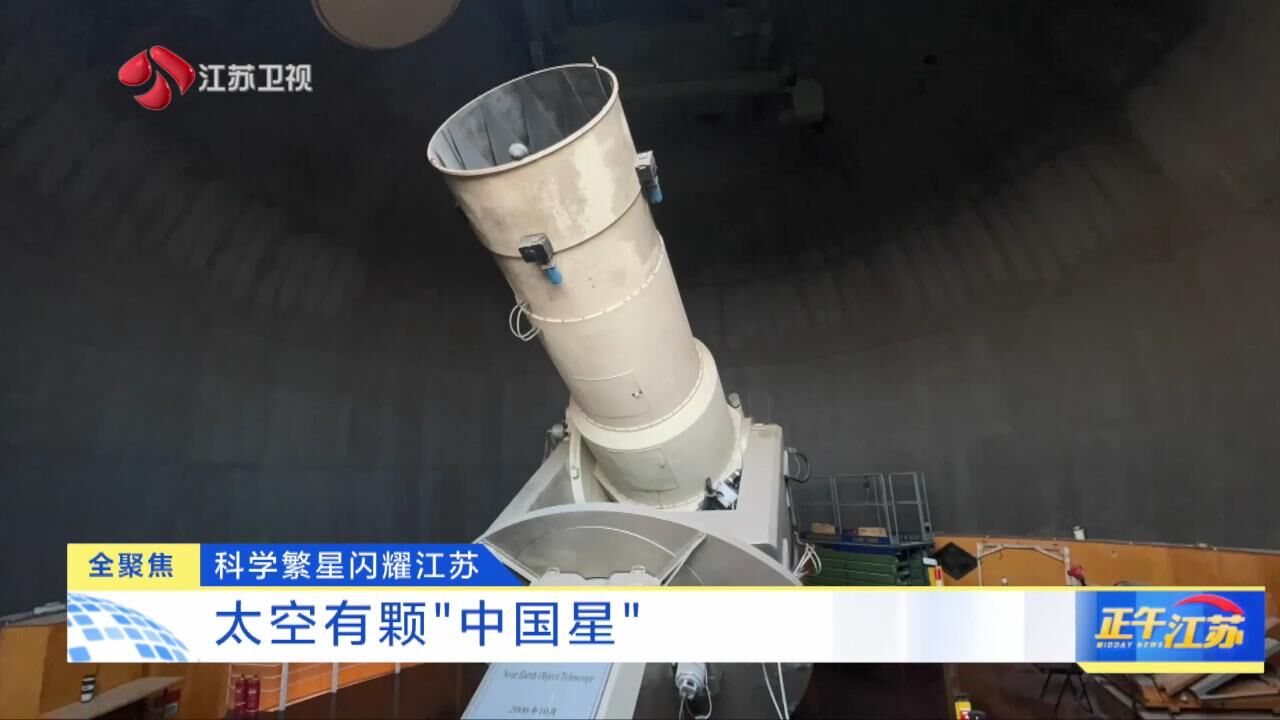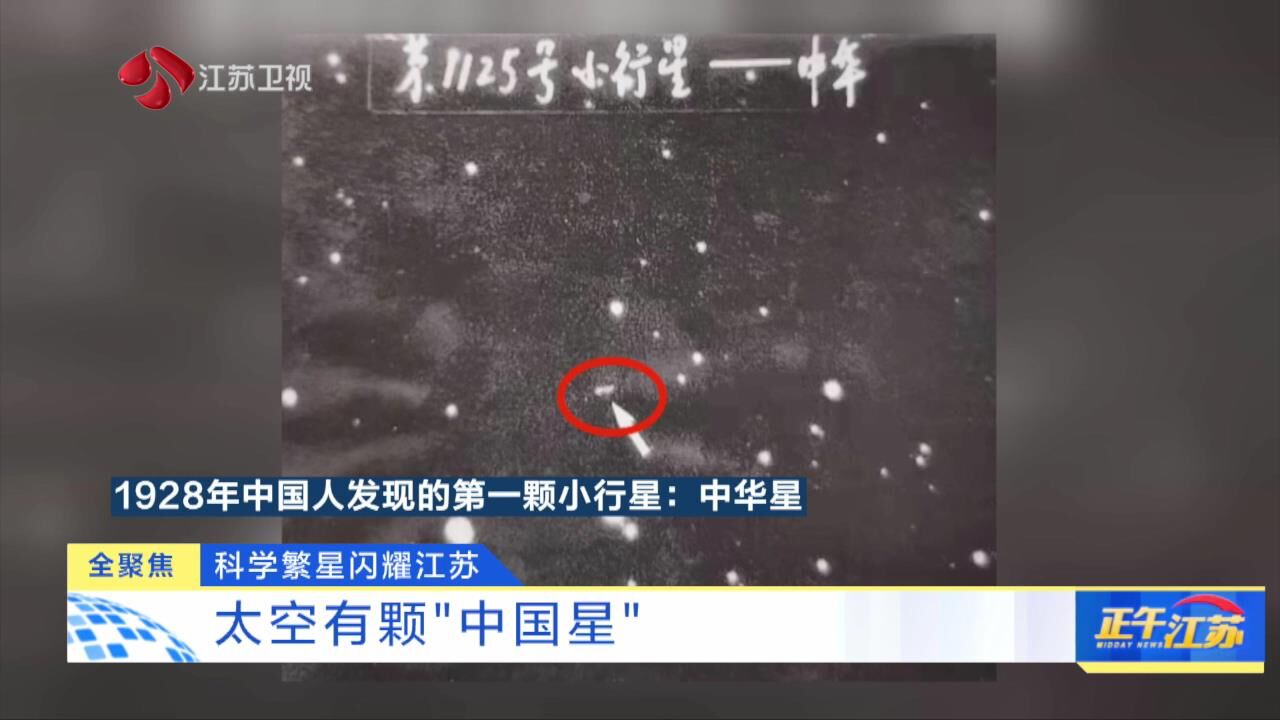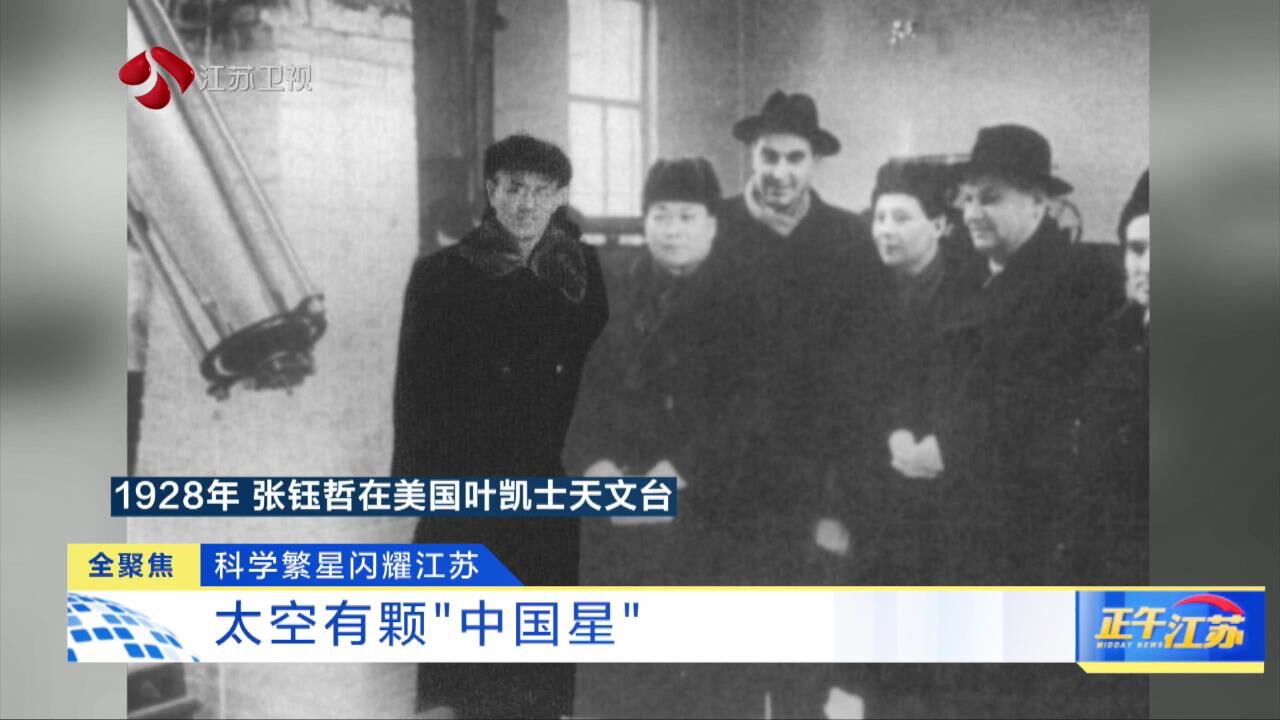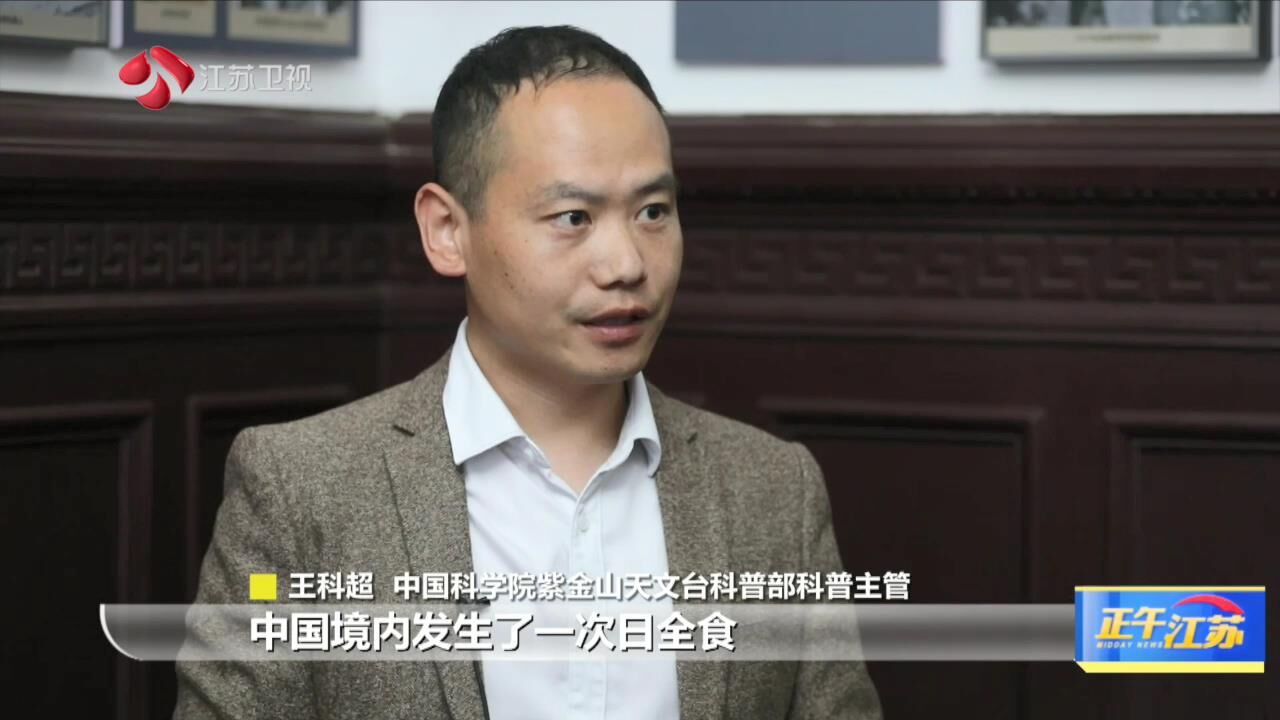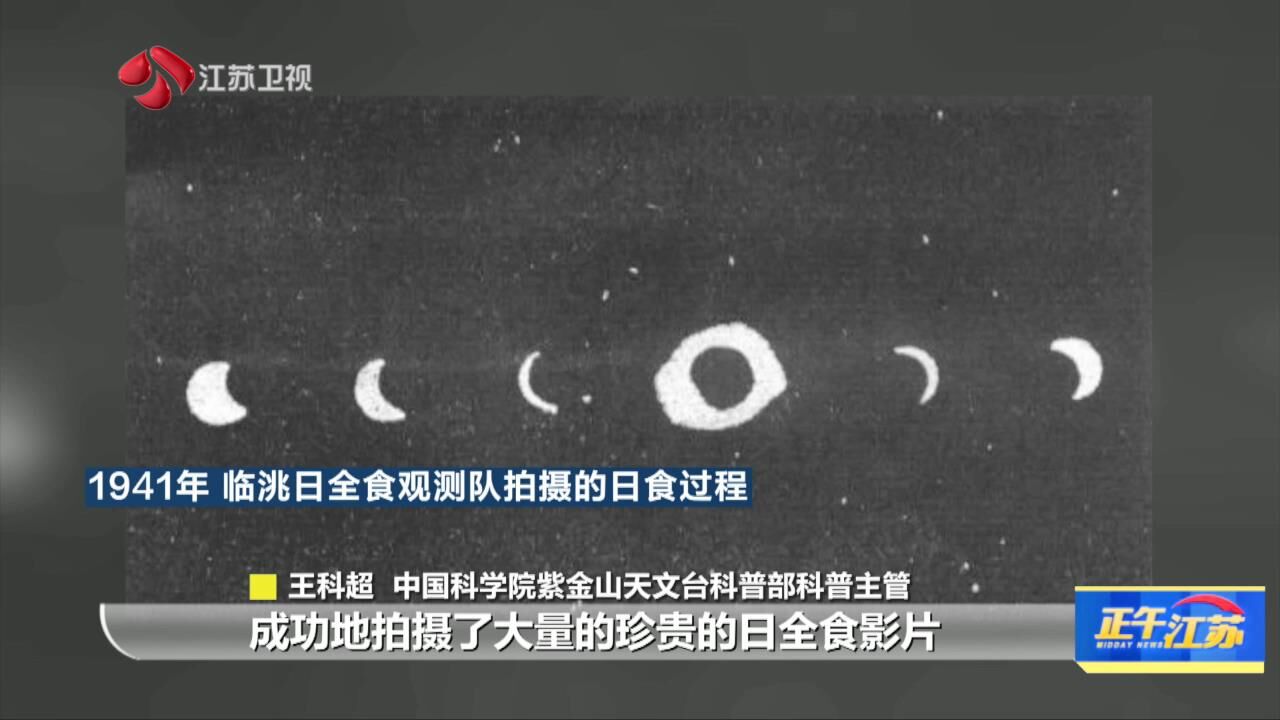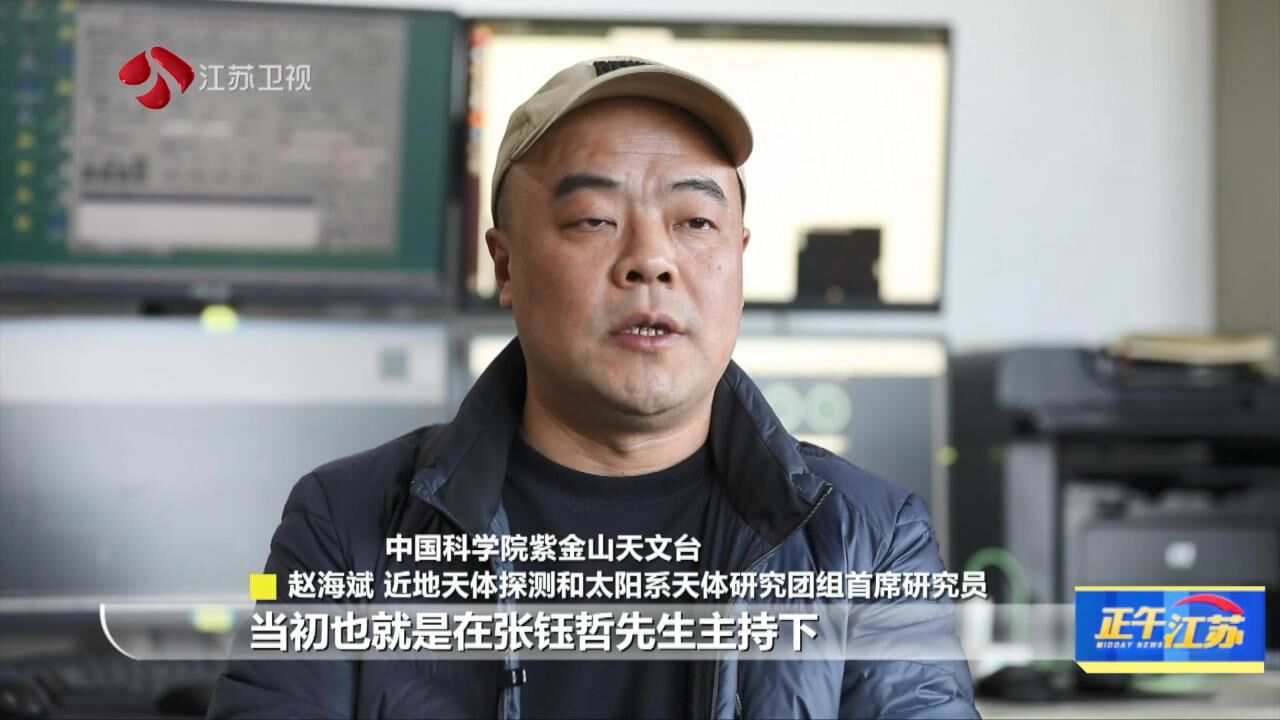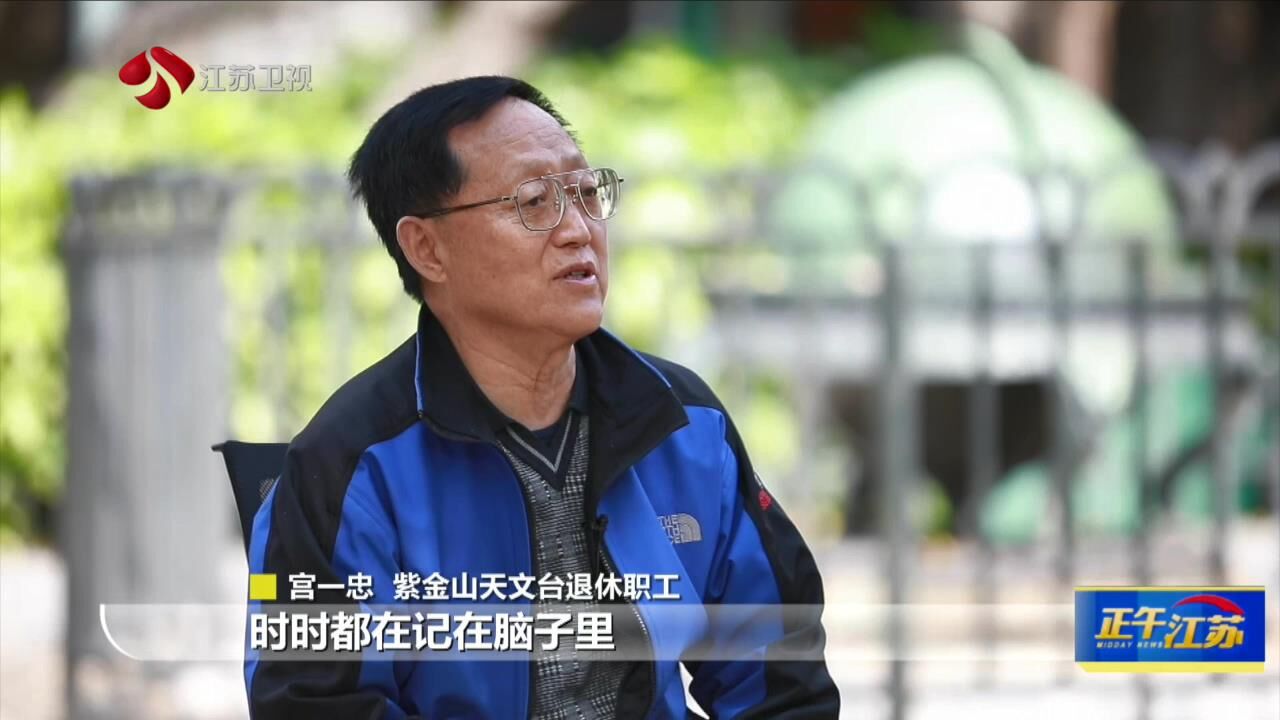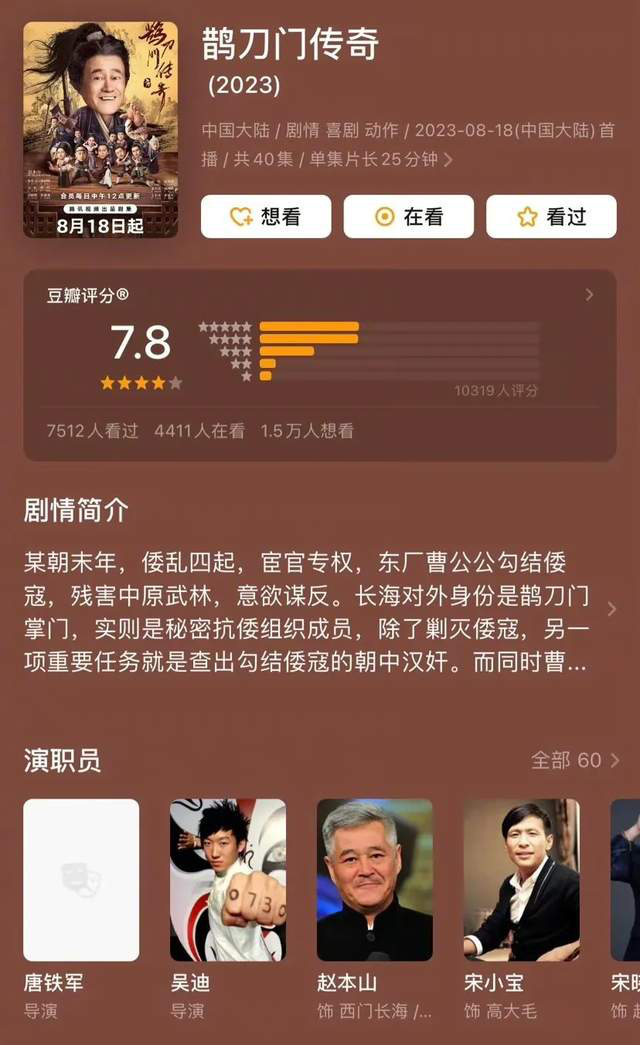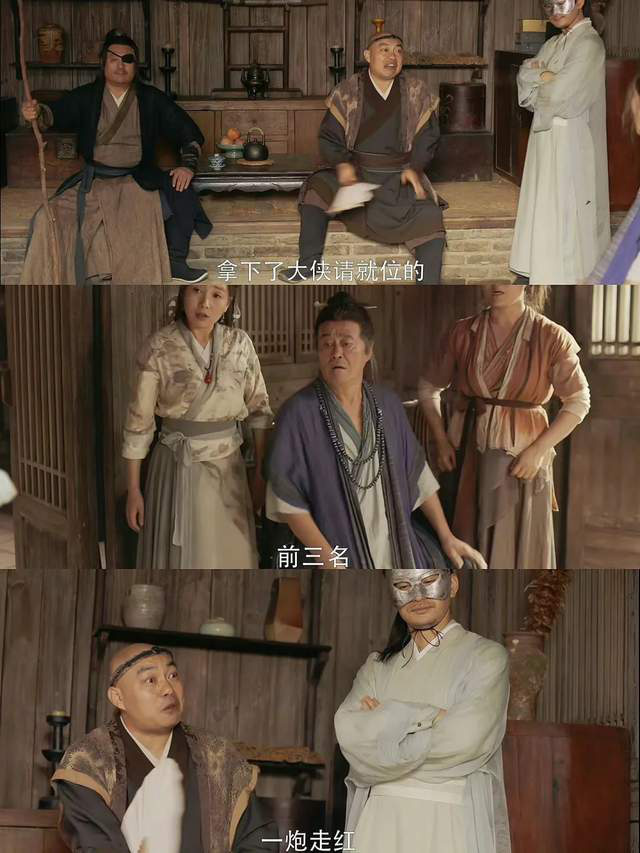"He is the most dazzling sprint star in China. He set a new Asian record for the men’s 100m with a time of 9.83 seconds. He is the fastest runner in China and the fastest runner in Asia."
After the official announcement that Su Bingtian became the spokesperson of Xiaomi brand, the share price of Xiaomi Group rose rapidly this afternoon, once rising by nearly 4%, and now it rose by 2.43% to HK$ 27.45. The men’s 100-meter race, known as the "jewel in the crown", has always been the most concerned event in the Olympic Games. After Su Bingtian set a new Asian record and became the first China athlete to reach the final, the whole social media was boiling, the popularity spread overseas, and its commercial value soared. In the past year, "Su Shen" has reached cooperation with many brands such as Yili, Nike, Fillinger, GAC Chuanqi, Xiangshan, Sealy Silian China and JD.COM PLUS. It is estimated that,Su Bingtian’s annual endorsement value totals more than 10 million yuan.

The "most expensive Olympic Games in history" ended.According to Japanese government auditors, the actual total expenditure exceeded $20 billion, almost three times the $7.4 billion predicted at the time of the initial bid, and Japan may lose tens of billions of dollars because of overspending. butThe huge "Olympic effect" is still being released, and the commercial value it brings to athletes is far from being accurately measured.
The road of sports and entertainment linkage:A comprehensive view of commercial value of sports stars
Every game is not only a battle of honor and self-transcendence, but also a gamble of brands who bet on athletes in advance.The commercial value of sports stars is directly related to their competition results and the attention that comes with them.According to reports, ZhangJike’s endorsement fee is about 10 million yuan per year, and Zhu Ting’s annual endorsement income is 1.5 million US dollars, about 9 million RMB, which is not inferior to popular stars.
Different projects have different degrees of attention, and other out-of-circle factors also involve personal image, face value and so on.. There are many popular categories of fans in swimming, track and field, and it is easy to produce high-value athletes to "suck powder". Table tennis and other advantageous events have the halo of "national ball", women’s volleyball team has emotional filters, while other unpopular events are relatively less concerned.
Some athletes who have a sense of humor and other personal characteristics that are easy to spread online can also become the darling of brands and variety shows.For example, in the 2016 Rio Olympic Games, Fu Yuanhui was given OPPO, samsung, zhongxing and ZUK mobile phones because of the phrase "the power of the wild", and then endorsed brands such as Bingquan and Ketuo Bio, and joined variety shows such as My Daughter and Daughters’ Love.
The above-mentioned "out-of-circle BUFF" specifically corresponds to this Olympic Games, which isThe birth of Su Bingtian, Malone, Sun Yingsha, Yang Shuyu, Sun Yiwen, Gong Lixiao, Zhang Yufei and other Olympic star athletes.As far as the brands that bet in advance are concerned, in July this year, Ctrip officially announced that it had signed contracts with Liu Guoliang, Malone and Liu Shiwen to become gold-medal tour groups of Ctrip. Kans officially announced to be the official partner of the national swimming team and released the attitude short film "Champion of Every Moment". And after the swimming team won three gold medals in a row, it took advantage of the situation to promote brand goodwill; Perfect Diary joined hands with the national men’s gymnastics team to launch a new series of products for men’s grooming.

Another group of brands chose a more conservative marketing style and chose to throw an olive branch to the Olympic stars after the game. After # How Difficult It is to Lift Weights # boarded the hot search, Ping An Health Insurance, a subsidiary of China Ping An, announced that Chenlijun had become a brand health ambassador. On August 1st, Xtep officially announced that Gong Lixiao, the women’s shot put champion, officially became Xtep sports spokesperson.
In addition, as the new generation of athletes and spectators pay more attention to fashion, the proportion of online shopping has increased. This year,A new trend is that the champions have turned into "the grass planting machine on earth and the king with the same money".On August 2nd, the popularity list of the same paragraph of the 2021 Olympic Games released by Taobao showed that one week after the start of the competition, Yang Qian, the first gold medalist, led the popularity list with the same yellow duck hairpin and carrot headband, with 70,000 cards sold in three days, and Chen Meng’s table tennis racket necklace and wind oil essence used by Hou Zhihui were selected. Liu Shiwen’s blue-and-white manicure and Lu Cicelia’s eye makeup imitation have attracted many small red book bloggers to bring imitation makeup tutorials; Jason Wu, another "the busiest man outside the stadium" who didn’t participate in the Olympic Games, also caught fire with the same old brand plum blossom brand sweatshirt because of his emoticon.
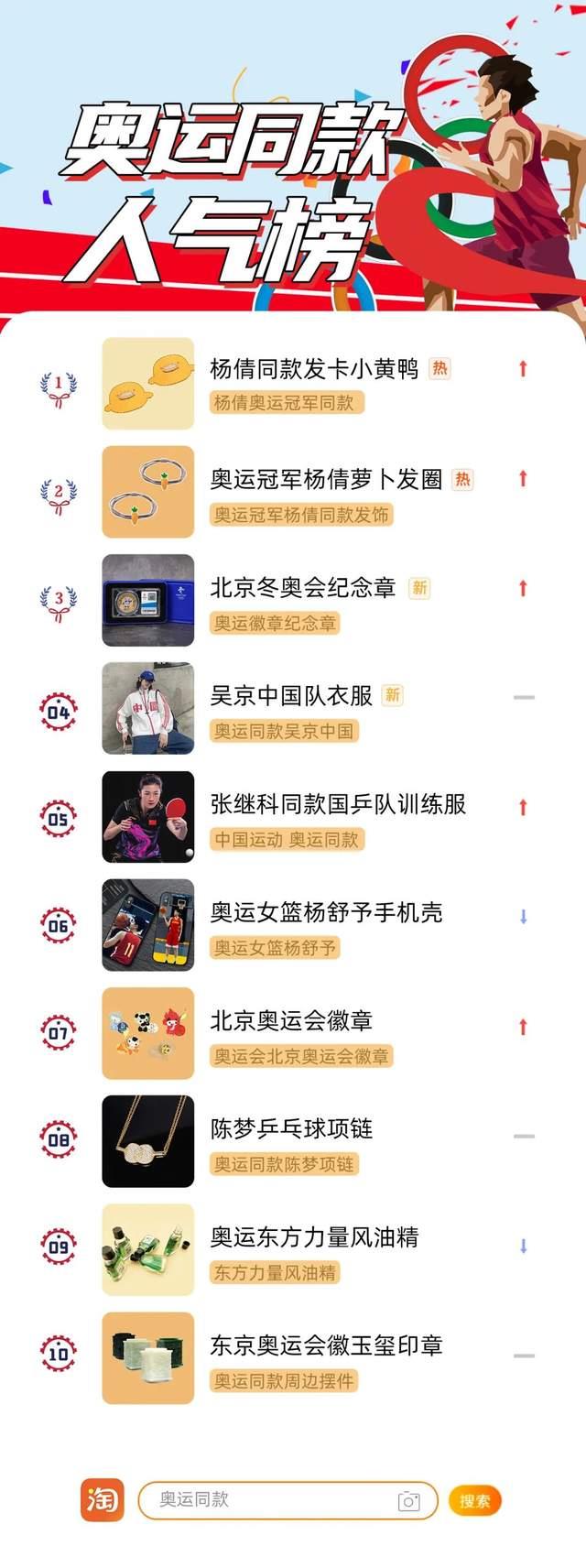
Under normal circumstances, the commercial endorsement space of athletes is squeezed by entertainment stars. Sports brands are more inclined to choose traffic artists to endorse, such as Sean Xiao endorsing Li Ning and YiBo endorsing Anta.
Compared with artists, athletes have the advantages of good moral quality and personal image, national honor and strong professional skills, which may inject image cognition such as sunshine struggle and patriotism into the brand. But what needs to be recognized is that,Compared with artists, athletes have many risks, such as limited professional life, injuries, ups and downs in performance, personal personality and so on.. After Su Bingtian was deified in World War I, many people compared it with Liu Xiang, the "Asian Flying Man", when considering its commercial value. At the peak of Liu Xiang’s career, he had 17 endorsements. It is estimated that after his retirement due to injury in 2008, Liu Xiang’s personal loss exceeded 100 million yuan, while the sponsors will reduce their income by more than 3 billion yuan. Sun Yang once won more than 10 endorsements from international brands such as Coca-Cola, but the "violent anti-inspection" incident made him fall to the bottom.
Roger Federer’s endorsement income of $100 million and Cristiano Ronaldo’s endorsement income of $45 million abroad prove the value of basketball, football, tennis and rugby, which are the most commercialized sports. Under the national system, the business endorsement of sports stars often needs to be approved by the State Sports General Administration and various project management centers, which may lead to contradictions. Behind the low income of some Olympic stars, it reflectsDomestic sports professionalization started late, and sports brokers were backward.This fact.
In addition to commercial endorsement, there are ways for athletes to increase their income, such as establishing brands, such as Li Ning, and participating in variety shows. Sports and entertainment are inextricably linked to twins. Compared with artists, athletes’ career life is shorter and their remuneration is often lower, so many athletes choose to "just eat" in film and television variety shows after retirement. As early as 2018, when Su Bingtian set a new Asian record held by an individual, she appeared on the popular variety show "Run". Will Su Shen appear in more variety shows in the future?
CCTV warns against rice circle culture,Who is invading the Olympic champion?
Ten years of cold window, no one asked, once famous, the world knows. On the one hand, athletes who have added traffic are faced with the olive branch thrown by honor and brand, on the other hand, they have to bear the "crown weight". Black and white, butchering, taking CP, rubbing traffic …The rice circle culture, which has appeared since the last Rio Olympic Games, is accelerating its invasion into the public opinion field of this Olympic Games.
After losing the competition, Wang Luyao, a shooter, suffered a cyber-storm because of "I admit that I am afraid" and Weibo, who took a selfie. Weibo, who was turned out of a Jordan shoe in the past, was also questioned by a small number of netizens, and everything was in a flash. At the same time, someone questioned: "If Yang Qian didn’t win the gold medal, then the’ Pearl Manicure’ that boarded the hot search today didn’t praise her for being cute, but everyone scolded her?" This "only gold medal theory" obviously narrows the Olympic spirit.
In the table tennis mixed doubles competition, after China’s Liu Shiwen and Xu Xin lost to Japan unexpectedly, domestic netizens went out in anger, and Ito Meicheng’s Weibo comments and INS were occupied by expression packs and radical remarks. The voice of reason was drowned out, and most people could not understand the rules of the game calmly, but replaced everything with emotional venting.
Following the previous table tennis "Kewen" CP, this Olympic Games gave birth to a new fan brain supplement CP: Wang Shun and Zhang Yufei of the swimming team, and # Wang Shunwei’s portrait # once rushed to the sixth place in the hot search list of Weibo. Through the sweet pink foam created by fantasy, some girls in rice circles get compensatory emotional comfort.
In the final analysis, whether it is cyber violence, "CP" or slaughter, it isAs a result of the influx of a large number of "pseudo-sports fans" who watched the games for four years, they redefined sports with rice circle culture and created more entertaining hot topics for the Olympic Games., improve its flow and attention, promote athletes to break the circle and gain brand attention, but also bring negative effects, the focus of the game is blurred, which further worsens the atmosphere of public opinion and may even affect the athletes’ play and the international image of China’s sports community.
And if we talk about the representative figures who are being trafficked these days, we should count the 14-year-old Quan Hongchan.After winning the gold medal in the women’s 10-meter platform final, she became popular overnight by saying that she wanted to open a canteen, eat spicy strips and make money to treat her mother. Enterprises immediately sensed the marketing opportunity sensitively, and hot strip enterprises such as Genji Food, Wei Long Food, Spicy Prince, Xiange Food, Fantianwa Food, etc. shouted from a distance to send hot strips for Quanhongchan, and the door of Quanhongchan was once full of hot strips. Quan Hongchan’s parents have publicly rejected corporate gifts such as houses, cash and spicy strips.
Her home also quickly became a punching place in online celebrity.Many online celebrity come here to broadcast live, take photos, shoot videos and bring goods. According to the statistics of the villagers, at least 2000 people punched in the village in one day.
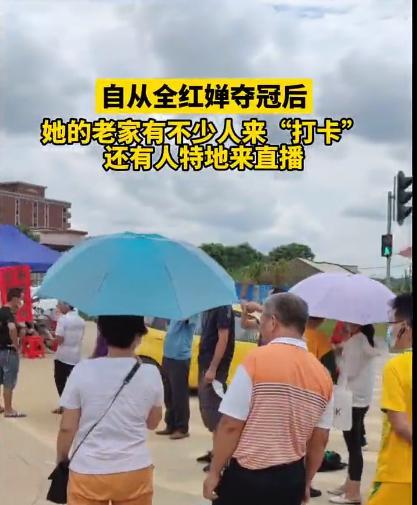
Punch-in is the focus of public opinion, which is one of the contemporary strange phenomena after the fragmentation of attention, the rapid development of short video live broadcast platform and the involution of online celebrity economy.Before that, Ding Zhen, "Brother Lamian Noodles" and Cao County all became the spotlight C, and then they were gradually forgotten. These hungry online celebrity don’t really care about what is broadcast live, but just want to get as much traffic as possible. In this regard,CCTV issued a claim: Please protect the 14-year-old Quan Hongchan, and don’t bring the chaos of rice circles and the pursuit of traffic into it.. The local government has also strengthened control.
Stars have also joined the team that rubs the traffic of Olympic champions.For two weeks, the hot search list was completely occupied by the news related to the game, and the popularity of the entertainment circle declined. Stars who regard exposure as their life have increased their exposure. In addition to Chen Meng’s cousins Huang Xiaoming and Yang Qian being pulled out of Bai Jingting, idolize after winning the championship, and the interaction between the two sides and other related hot searches are more well-founded, most stars are forcibly associated with the champion by sending blessings, and the posture of rubbing the heat to buy hot searches can be described as various and puzzling. This kind of behavior that encourages the wind of traffic is hardly a benign linkage between sports and entertainment.
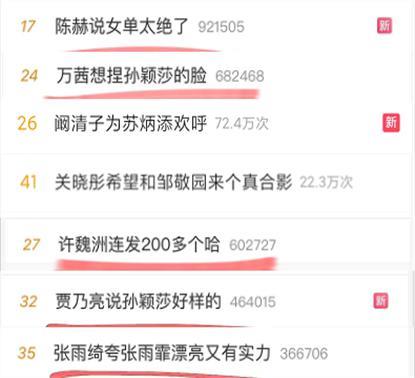
At the closing ceremony, the "eight minutes in Paris" of the next host was hotly debated, and the Olympic Games entered "Paris time". Four years later, will these sports stars still appear in the Paris Olympic Games? Will the rice circle culture be improved or intensified when it invades the Olympic Games? What kind of chemical reaction will the linkage between sports and entertainment produce at that time?

